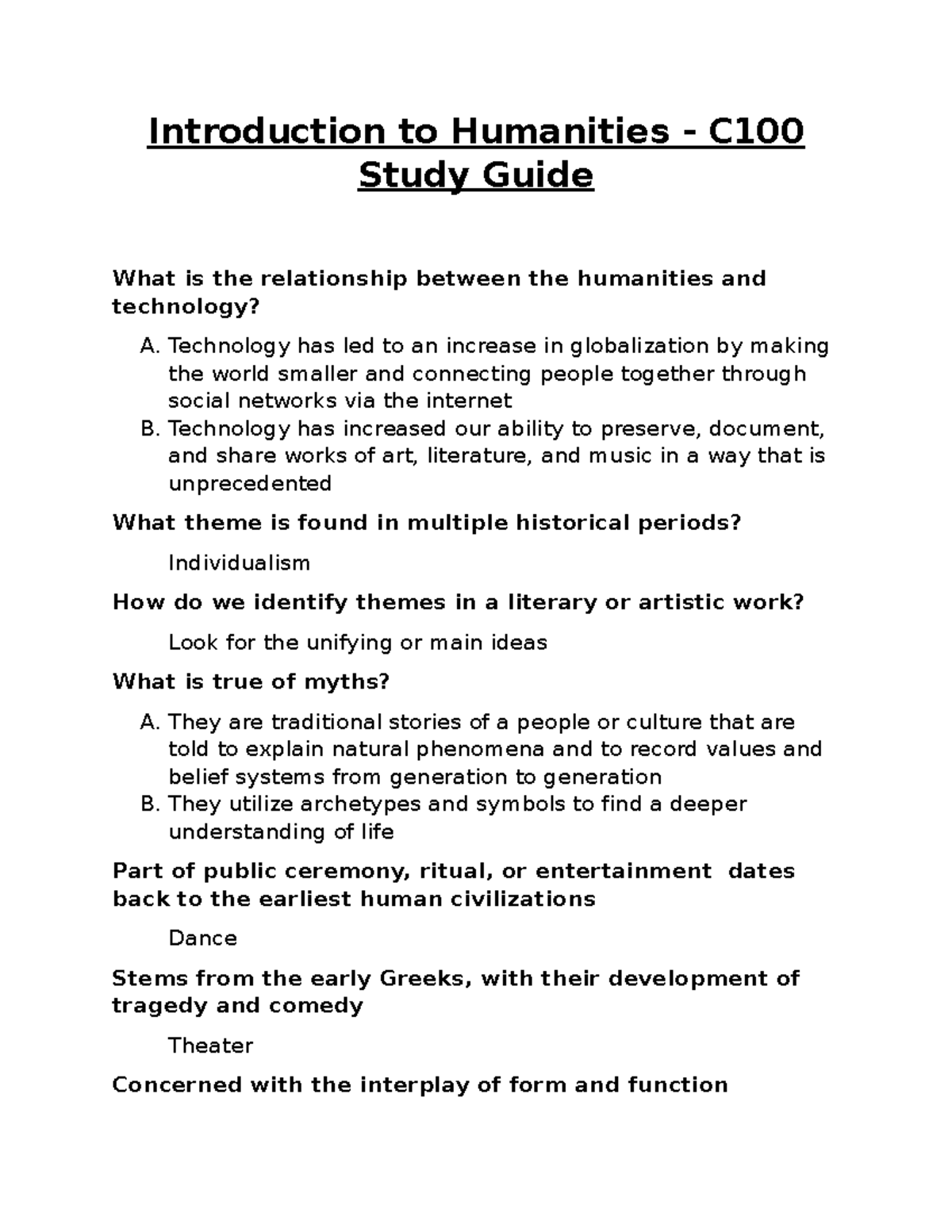Celeste Ng, the acclaimed author known for her poignant explorations of identity and belonging, captivates readers with her rich narratives. In her latest novel, “Our Missing Hearts,” Ng intricately weaves a tale around a mother-son relationship set against a dystopian backdrop where unpatriotic sentiments lead to familial separations. This powerful work not only highlights the struggles of Asian American characters but also serves as a reflection of contemporary societal issues. As Ng delves into themes of culture and resistance, her storytelling resonates with fans of Asian American literature and dystopian novels alike. Through her writing, Ng offers a window into the complexities of love, loss, and hope in an increasingly polarized world.
In the realm of contemporary fiction, Celeste Ng stands out as a crucial voice, particularly in her reflections on family dynamics and societal challenges. Her new work, “Our Missing Hearts,” presents a compelling narrative that examines a deep bond between a mother and her biracial child amidst a chilling dystopian society. This novel not only spotlights the experiences of Asian American individuals but also engages with broader themes that are becoming all too relevant in today’s political climate. Ng’s storytelling mastery invites readers to confront difficult truths while offering insights into resilience and hope. By blending personal experiences with evocative fiction, her work contributes significantly to the discourse surrounding marginalized identities and community struggles.
Exploring the Dystopian Themes in ‘Our Missing Hearts’
In ‘Our Missing Hearts,’ Celeste Ng masterfully explores the chilling edges of a dystopian future, reflecting societal issues that resonate deeply in today’s world. The novel follows the tense relationship between a mother and her biracial son, set against a backdrop where anti-Asian sentiments have reached sinister levels. The story serves not just as a narrative escape but also as a warning, a stark reminder of how society can slide into oppressive practices that target specific communities. Ng’s portrayal of a world where parenting and creativity become a battleground for survival highlights an essential truth about our times: the personal pain often mirrors broader political and social crises.
Moreover, Ng’s writing draws inspiration from her own experiences as an Asian American. The intertwined themes of motherhood and identity in ‘Our Missing Hearts’ invite readers to engage with the nuanced relationships between personal struggles and collective racial tensions. The mother-son dynamic, particularly the character of Margaret, serves as a lens through which Ng examines the sacrifices parents make while navigating a world filled with prejudice. This reflective process speaks volumes about the often unspoken costs of familial love amid societal turmoil.
Celeste Ng: The Voice of Asian American Literature
Celeste Ng stands out as a powerful voice in Asian American literature, weaving complex narratives that challenge racial stereotypes and prevalent societal norms. Her works, including ‘Everything I Never Told You’ and ‘Little Fires Everywhere,’ have garnered critical acclaim for their rich character development and thought-provoking themes. In ‘Our Missing Hearts,’ Ng pushes these conversations further, emphasizing the unique experiences of Asian Americans in a dystopian setting that not only tests familial bonds but also reflects current societal fractures. By centering her narratives around Asian American characters, she shines a light on the often marginalized perspectives in literature.
Ng’s emphasis on depth over tokenism is evident in her storytelling, where characters are not merely defined by their ethnicity but are fully realized individuals with their own hopes, fears, and dreams. This approach resonates strongly with readers, particularly in the wake of rising anti-Asian sentiment across the globe. By presenting multifaceted characters facing complex challenges, Ng urges her audience to reflect on the larger themes of identity and belonging, further enriching the landscape of contemporary Asian American literature.
Mother-Son Relationships in Ng’s Narratives
The mother-son relationship is a central theme in Celeste Ng’s novels, particularly in ‘Our Missing Hearts.’ The protagonist, a young boy named Bird, navigates a dystopian reality shaped by his mother’s choices and societal pressures. Through his lens, Ng explores the emotional complexities of growing up in a world fraught with prejudice and fear. This dynamic not only highlights the unconditional love of a mother but also delves into the sacrifices that parents make for their children, often at great personal cost. Readers are drawn into the emotional battle between nurturing a child and facing external societal forces.
The exploration of this relationship in Ng’s work underscores a deeper understanding of Asian American familial structures, where cultural expectations often weigh heavily on personal choices. As Bird grapples with the realities of his mixed-race identity, the narrative forces readers to confront the impact of societal perceptions on familial love. Ng’s poignant storytelling effectively captures the essence of this mother-son bond, making it relatable to many parents and children who face their own conflicts of identity and belonging in a rapidly changing world.
The Relevance of Dystopian Fiction Today
Dystopian fiction offers a unique lens through which we can examine current societal issues, and Celeste Ng’s ‘Our Missing Hearts’ is no exception. In a time when political landscapes are fraught with division, the novel prompts readers to reflect on the fragility of freedom and the consequences of societal complacency. Ng’s portrayal of a world where the government turns against its citizens resonates in today’s climate of surveillance and censorship, making her work eerily relevant. This relevance highlights the critical role dystopian narratives play in prompting discussions about morality, ethics, and human rights.
Furthermore, dystopian fiction, especially works like Ng’s, serves as a powerful vehicle for understanding the historical context that shapes the present. Ng adeptly weaves real historical biases into her narrative, making readers question not just the world of the book but also their own reality. As the characters in ‘Our Missing Hearts’ fight against the oppressive structures around them, readers can engage in a dialogue about the importance of resistance and the role of art in enacting change. In doing so, Ng emphasizes the enduring power of literature to evoke empathy and inspire action.
The Role of Art in Challenging Political Narratives
Art has always been a means of resistance, and Celeste Ng emphasizes this in her works. In ‘Our Missing Hearts,’ the underground network preserving ‘un-American’ stories showcases how literature and art can be acts of defiance against oppressive regimes. Ng’s narrative mirrors real-life events where art has served as a form of protest, igniting movements and fostering communities. This theme invites readers to reflect on the transformative nature of art and its ability to shape societal narratives. In the face of censorship, art becomes a tool for survival, creating pathways for dialogue and understanding.
Moreover, Ng’s exploration of the power of storytelling in challenging the status quo demonstrates how fiction can evoke empathy and compel personal reflection. By telling stories that highlight marginalized voices, she invites readers to consider the complexity and richness of diverse experiences. In doing so, Ng not only preserves the memories of those affected by societal injustices but also challenges readers to confront their own perceptions. Through her nuanced portrayal of Asian American lives, Ng emphasizes the importance of representation in literature as a means of fostering inclusivity and understanding.
Facing Racial Bias: Ng’s Reflection on Societal Issues
Racial bias is a pressing theme in Celeste Ng’s ‘Our Missing Hearts,’ reflecting the nation’s historical and ongoing struggles with racism, particularly against Asian Americans. This element of the narrative does not merely serve as background but is integral to the characters’ motivations and the societal structure they inhabit. Ng’s insights into the prevailing sentiments during the COVID-19 pandemic underline the urgency of confronting such biases. She offers a poignant reminder of the discrimination that persists and the necessity of raising awareness through storytelling. Ng’s work functions as both a reflection of our reality and a call to action against prejudice.
By highlighting the personal experiences of her characters, Ng renders the impact of racial bias tangible and immediate. The struggles faced by the characters in ‘Our Missing Hearts’ set against a dystopian backdrop encourage readers to draw parallels to real-world events, fostering a deeper understanding of how systemic racism manifests in everyday life. Ng’s literary lens provides a means to discuss complex issues with honesty and empathy, ultimately advocating for a more inclusive society.
Navigating Identity in a Complex World
Identity is intricately woven into the narratives of Celeste Ng, especially in ‘Our Missing Hearts.’ The protagonist, Bird, exemplifies the challenges faced by biracial individuals in a society that often demands conformity. Ng delves into the nuances of identity formation, exploring how societal pressures can complicate personal beliefs and relationships. This theme is especially significant in today’s multicultural world, where individuals frequently grapple with multiple identities and the expectations that accompany them. Ng’s portrayal of Bird’s struggles offers a lens through which readers can reflect on their own journeys of self-discovery.
In her exploration of identity, Ng also addresses the concept of belonging — a theme that resonates deeply within the Asian American community. By portraying characters who navigate their cultural heritage against societal expectations, Ng encourages readers to appreciate the complexities of identity. This nuanced approach plays a pivotal role in dismantling stereotypes, allowing for authentic representation that celebrates the richness of diverse experiences. Ng’s work ultimately serves as an exploration of what it means to belong in a world that is often at odds with individual identities.
Challenges of Writing: Ng’s Perspective
The process of writing is fraught with challenges, and Celeste Ng candidly shares her experiences navigating this creative journey in her discussion of ‘Our Missing Hearts.’ Ng emphasizes the importance of the initial draft, a phase she describes as critical for discovering the central questions that shape her narratives. This reflection on the creative process underscores the complexity of writing and the emotional labor involved in bringing characters and stories to life. Ng’s approach encourages aspiring writers to embrace the messiness of first drafts, viewing them as an integral part of artistic development.
Ng’s insights also highlight the tension between technology and creativity, particularly regarding the use of AI in writing. By rejecting the notion of relying on AI for early drafts, she champions the need for authentic thought and personal engagement in storytelling. This perspective reflects a broader debate within the literary community about the role of technology in the creative process and the importance of maintaining human connection in storytelling. Ng’s reflections serve as a reminder that, in an age of rapid technological advancement, the essence of writing remains a deeply personal and human endeavor.
The Inspiration Behind Celeste Ng’s Writing
Celeste Ng’s writing is deeply rooted in her personal experiences, blending elements of her life with fictional narratives to create compelling stories. Her own journey as a mother and as an Asian American woman informs much of her work, including ‘Our Missing Hearts.’ Ng’s ability to draw from her lived experiences allows her to craft authentic characters that resonate with readers on various levels. Whether exploring themes of familial love or the implications of societal injustice, her personal lens enhances the emotional weight of her narratives.
Moreover, Ng’s rich storytelling is inspired by her desire to shed light on the multifaceted nature of Asian American experiences. By incorporating themes of identity and cultural heritage into her plots, she challenges the idea of a singular narrative while emphasizing the importance of diverse voices in literature. Ng’s approach not only amplifies underrepresented stories but also creates a broader platform for understanding the complexities of race, belonging, and the human experience. As she continues to write, readers can anticipate increasingly thought-provoking and heartfelt narratives that reflect the intricacies of life in America.
Frequently Asked Questions
What themes does Celeste Ng explore in ‘Our Missing Hearts’?
In ‘Our Missing Hearts’, Celeste Ng delves into themes of motherhood, the complexities of mother-son relationships, and the impact of societal issues on personal lives. The story highlights the struggles of a Chinese American mother and her biracial son in a dystopian setting where behavior deemed unpatriotic is criminalized, echoing contemporary concerns about cultural identity and discrimination.
How does Celeste Ng’s work relate to Asian American literature?
Celeste Ng’s novels, including ‘Our Missing Hearts’, are significant contributions to Asian American literature. They focus on the experiences and challenges faced by Asian American characters, addressing themes of identity, racism, and family dynamics. Ng’s poignant storytelling elevates crucial conversations around ethnicity and cultural heritage within a broader social context.
In what ways does ‘Our Missing Hearts’ reflect dystopian novels’ characteristics?
‘Our Missing Hearts’ embodies key characteristics of dystopian novels by presenting a future where authoritarian control infringe on personal freedoms, particularly targeting individuals of Asian descent. Through Ng’s narrative, readers experience the stark realities of censorship and familial separation, making the alarming parallels to contemporary issues vividly clear.
What inspired Celeste Ng to write ‘Our Missing Hearts’?
Celeste Ng was inspired to write ‘Our Missing Hearts’ by her personal experiences as a mother and her reflections on the societal pressures surrounding her biracial son. The novel arose from her contemplation of the balance between creative pursuit and parenting, set against a backdrop that mirrors current societal tensions and cultural biases.
How does Celeste Ng’s novel tackle the concept of political and personal issues?
Celeste Ng’s ‘Our Missing Hearts’ interweaves personal narratives with political themes, demonstrating how personal relationships, particularly those between mothers and sons, are profoundly influenced by societal and political climates. Ng effectively shows that familial bonds can reflect broader cultural struggles, prompting readers to consider the personal implications of political decisions.
What did Celeste Ng say about the representation of Asian Americans in literature?
Celeste Ng emphasized the importance of diverse narratives within Asian American literature, rejecting the notion of a singular representation. She advocates for stories that encapsulate the varied experiences of Asian Americans, aiming to present characters whose ethnicity is integral to their identity but not the sole focus of their narratives.
What impact does Celeste Ng believe art and literature can have in today’s world?
Celeste Ng believes that art and literature, particularly her own works, have the power to evoke emotional responses and provoke thought in a politically charged environment. She suggests that fiction can facilitate understanding and inspire action, serving as a bridge during tumultuous times, much like the themes presented in ‘Our Missing Hearts’.
How does ‘Our Missing Hearts’ reflect Celeste Ng’s views on societal issues?
Through ‘Our Missing Hearts’, Celeste Ng reflects her concerns about issues like anti-Asian bias, censorship, and the impact of the pandemic on racial tensions. The novel serves as a commentary on societal failures and the ongoing relevance of historical injustices, illustrating the necessity for awareness and change in contemporary society.
| Key Point | Description |
|---|---|
| Dystopian Themes | Celeste Ng’s new novel ‘Our Missing Hearts’ reflects real-world issues through a dystopian lens, highlighting the personal and political intersections. |
| Personal Experience | Ng describes drawing from her experiences as a mother while crafting a fictional narrative that remains distinct from her life. |
| Cultural Tensions | The novel addresses tensions faced by Asian American characters in a society that often marginalizes them. |
| Art as Resistance | Ng discusses how literature can provoke emotional responses, acting as a form of resistance to societal issues. |
| Writing Process | Ng emphasizes the importance of drafting and personal reflection in her writing process, rejecting reliance on AI. |
| Storytelling Diversity | She advocates for a multitude of narratives representing the complexity of Asian American experiences, beyond stereotypes. |
| Hopeful Outlook | Ng aims for her work, particularly ‘Our Missing Hearts’, to inspire hope amidst challenging times. |
Summary
Celeste Ng’s insightful exploration of familial and societal dynamics in her latest book underscores the author’s commitment to weaving personal narratives with broader political themes. In her work, she navigates the complexities of Asian American identity, encouraging readers to reflect on the implications of cultural marginalization and the power of storytelling. Ultimately, Ng’s efforts exemplify how literature can serve as a vital tool for fostering understanding and resilience in the face of adversity.



